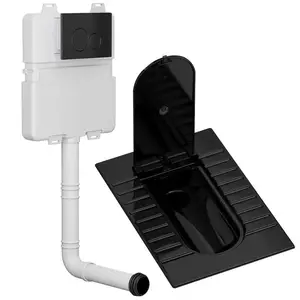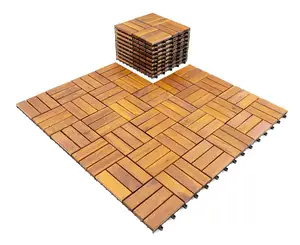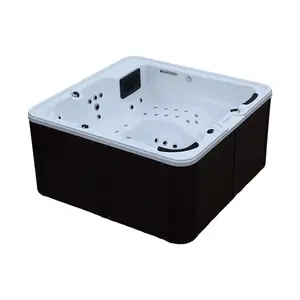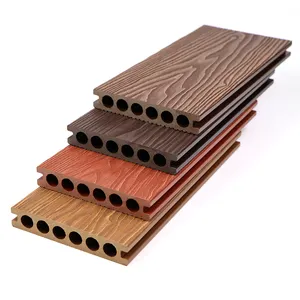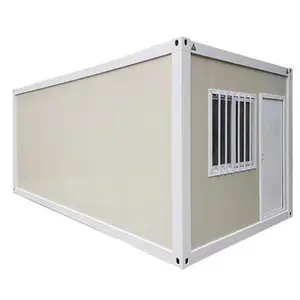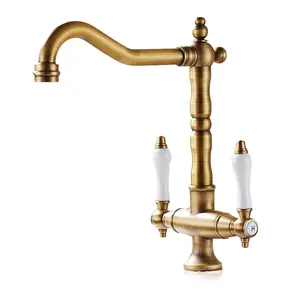Popular in your industry

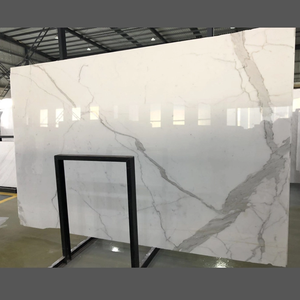



















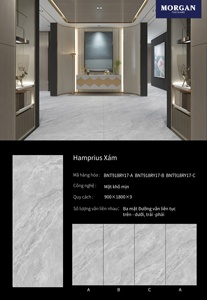







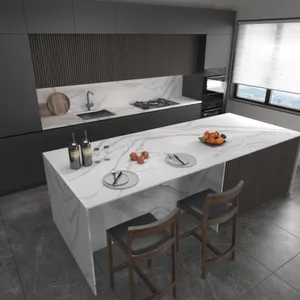

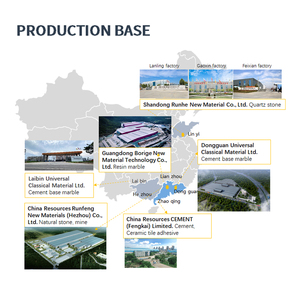

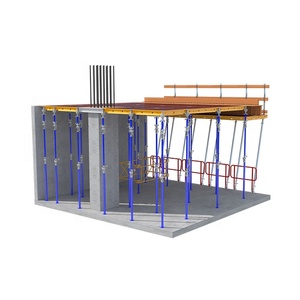



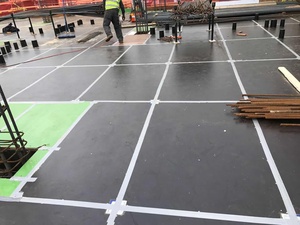


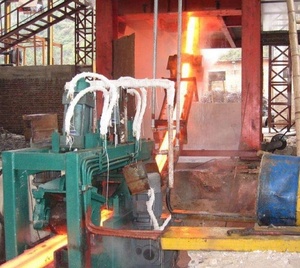


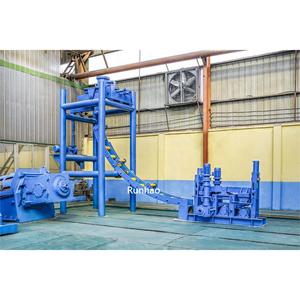


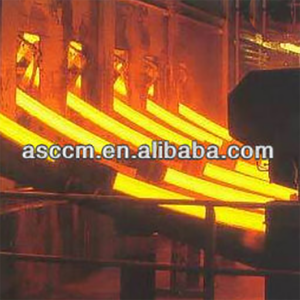
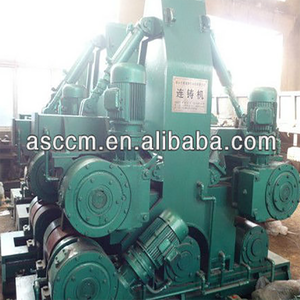

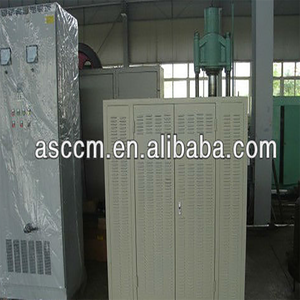

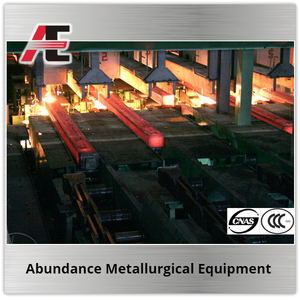















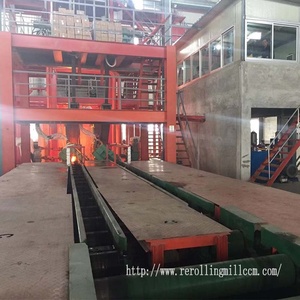



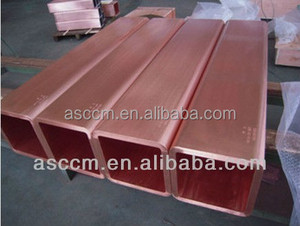

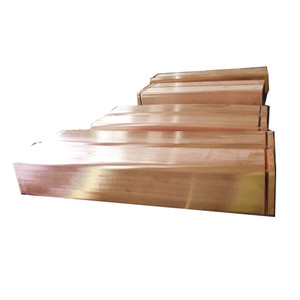
Top categories
About slab ccm
Understanding Slab Continuous Casting Machines
Slab continuous casting machines, commonly referred to as slab CCM, are pivotal in the steel production industry. These machines are designed for the continuous casting process, which transforms molten steel into a slab form. The slab is then typically rolled to produce flat steel products. This introduction will delve into the various aspects of slab CCMs, from their construction to their operation and the benefits they offer.
Components and Operation
A typical slab CCM consists of several key components, including a ladle turret, tundish, mold, secondary cooling zone, and withdrawal and straightening unit. The process begins with the transfer of molten steel from the ladle to the tundish, and then into the mold. Here, the outer shell of the steel begins to solidify. As the slab is continuously drawn downward, it passes through a secondary cooling zone where it solidifies further. Finally, the slab is straightened, cut to the desired length, and discharged for further processing.
Types and Applications
There are various types of slab CCMs tailored to different production needs. Some are designed for the production of thin slabs, which are directly used in thin-strip casting, while others produce thick slabs for heavy plate and hot strip mill applications. The choice of machine depends on the desired slab thickness, width, and steel grades to be produced. These machines are integral in industries that require steel as a base material, such as construction, automotive, and shipbuilding.
Features and Advantages
The design of a slab CCM incorporates features that enhance the efficiency and quality of the casting process. Electromagnetic stirring and soft reduction are techniques used to improve internal slab quality. The continuous nature of the process offers advantages such as a high production rate, better yield, and energy efficiency. Additionally, the automation of slab CCMs ensures consistent product quality and operational safety.
Materials and Maintenance
The materials used in the construction of slab CCMs are chosen for their durability and resistance to the high temperatures and corrosive environments of steel casting. Regular maintenance of these machines is crucial to prevent production downtimes. This includes the inspection of mechanical parts, refractory linings, and hydraulic systems to ensure their optimal performance.
Environmental Considerations
Modern slab CCMs are designed with environmental considerations in mind. The process is optimized to reduce waste and emissions. Water cooling systems are used to conserve energy, and the latest models include features that minimize the impact on the environment, aligning with the global push towards sustainable industrial practices.
